We know that the practice of meditation requires having a place where there is a calm and serene atmosphere, conducive to relaxation. But besides this sound environment, why not think about setting up a special olfactory atmosphere ?
Indeed, and this has been widely demonstrated, the olfactory atmosphere of a place has a very significant influence on our state of mind and our emotions. It is for this reason that large commercial brands are paying more and more attention to “scent marketing”.
Some scents make us hungry, others embarrass us and make us flee, still others remind us of childhood memories… These examples that we have all experienced one day show us how much smells play with our emotions!
We will see in this article which room scents to use during our meditation sessions , in order to make them even more intense and soothing.
Incense, the original scent of meditation.
For thousands of years, incense and spirituality have been intimately linked. Christian, Jewish, Muslim, Buddhist or Hindu, whatever their religion and their origins, when a person or a group of people wishes to enter into extra-sensory communication with the world of the divine, they light a stick of incense.
This is because the scent of incense heightens our receptivity and our spiritual faculties. Frankincense is therefore a room fragrance particularly suited to the practice of meditation, which is a highly spiritual activity. The deep scent of incense invites us to absolute relaxation and makes our relaxation sessions even more soothing.
But what are the incenses that lend themselves best to relaxation?
Indian and Tibetan incense.
Country of origin of Yoga, India produces natural incense whose aromatic quality is recognized worldwide. Many of these incenses are intended to help us meditate. Tibet also produces high quality incense, very popular with yogis. Here are some examples of meditation incense that you must absolutely test:
-
" Nag Champa ": these incenses are obtained by mixing dozens of varieties of wood powders, spices, and dried flowers. The most famous, that of the brand Satya Saï Baba (with its famous blue and red box), is the best-selling incense in the world. But there are many other varieties of Nag Champa , many of which are true wonders for meditation.
-
The incense in Frankincense or Myrrh are two other major essential classics. These spicy oriental scents help us free our mind and facilitate "letting go".
White sage sticks and Palo Santo.
White sage sticks and Palo Santo (an aromatic wood from America) are natural scents that burn like incense. They are often used in esoteric purification rituals. They are also magnificent room scents for meditation, because their scents evoke an absolute mysticism that invites us to calm and introspection .
Be careful, these perfumes are very rich and powerful. They may shock the most sensitive nostrils!
Frankincense, white sage and Palo Santo are certainly the room scents more conducive to meditation. But recent studies have shown that it is essential to ventilate the room where they are burned to preserve the quality of the indoor air.
If you don't like them, or don't want to use them, other room scents are available to enhance your meditation sessions. Let's see which ones.
Essential oils.
diffusing essential oils is probably the purest and most natural way to perfume a room. Good quality essential oils are readily available. but you must also have a specific diffuser, such as a nebulizer or an ultrasonic diffuser. The use of these devices is not out of reach, but still requires a little practice.
For meditation, favor the diffusion of essential oils such as Oliban (or “frankincense tree”), basil, or try the specially formulated synergies (blends of essential oils “ready to diffuse”).
Home fragrance extracts.
there is a wide variety of liquid room fragrances in small glass bottles, called “perfume extracts”. These scents can be diffused in several ways: by capillary action (long rattan rods which soak at the bottom of the bottle absorb the perfume and put it in contact with the ambient air), or with a candle-burner, for example.
The choice of scents is important, and the quality is generally there, especially when the fragrances are made in the region of Grasse , the perfume capital of the world.
For meditation, choose between woody (Cedar, Pine, Sandalwood, etc.) or plant (Chinese Verbena, Green tea, Bamboo, etc.) scents.
Scented candles.
Candles have the advantage of scenting the ambient air while creating a cozy and relaxing atmosphere, with their soft light. Perfect for small spaces, they may lack a bit of strength and temperament for rooms over 20m2.
If you choose this solution, opt for candles made with vegetable wax to preserve the quality of the indoor air, and woody or oriental scents which are best able to create an olfactory atmosphere suitable for meditation.
The scented wax lozenges.
it's the room fragrance of the moment! They combine the practicality of the scented candle with an aromatic power similar to that of incense or essential oils.
The scents are trapped in small tablets of vegetable wax that are melted on a perfume burner or a diffuser with gentle heat to perfume a room in just a few minutes. Once the diffusion is finished, the wax solidifies again and preserves the scents until the next use. It's efficient, easy, convenient, and not messy.
There is a large selection of scented wax pastilles, formulated with natural essential oils or perfumes from Grasse. Some manufacturers even offer scents specially designed for meditation.
It's your turn !
Here are the main solutions available to create an olfactory atmosphere in your home conducive to meditation.
Now you have to choose your preferred mode of diffusion, then the scents that will put you in the best position to meditate.
Generally, it is the intense scents with spicy or woody notes that are most effective in helping us find the meditative state. But after all, each person is different! So maybe you prefer sweet or floral scents? It is by trying that you will find out ...
Besides, it arouses our curiosity! Do you regularly practice meditation? Do you have a favorite scent that helps you meditate more deeply? If you want to dig deeper into the matter, please leave a comment.














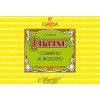






.JPG)



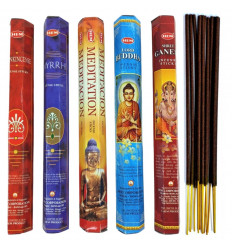

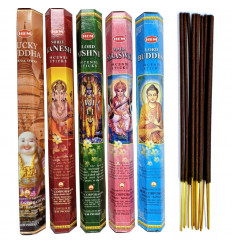

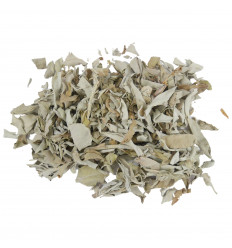

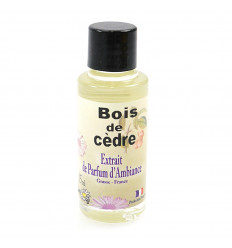
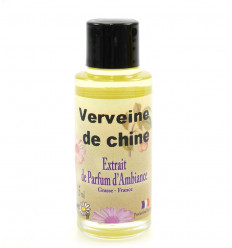
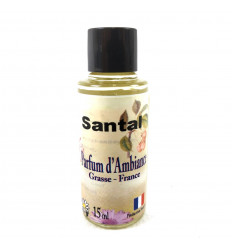
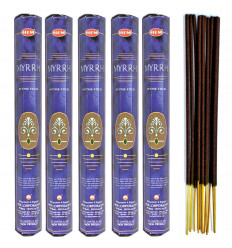

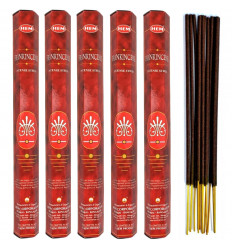

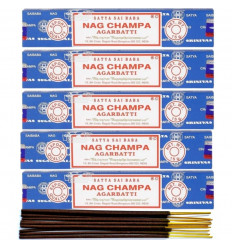

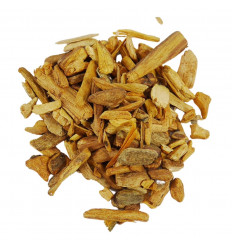




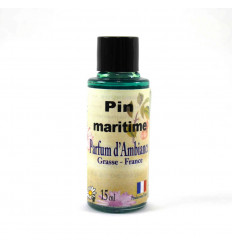
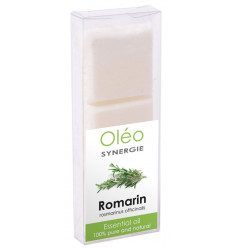


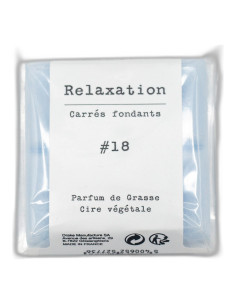

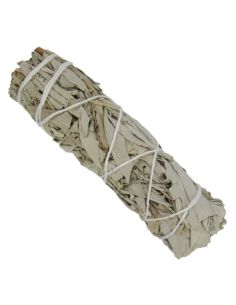

Comments (0)